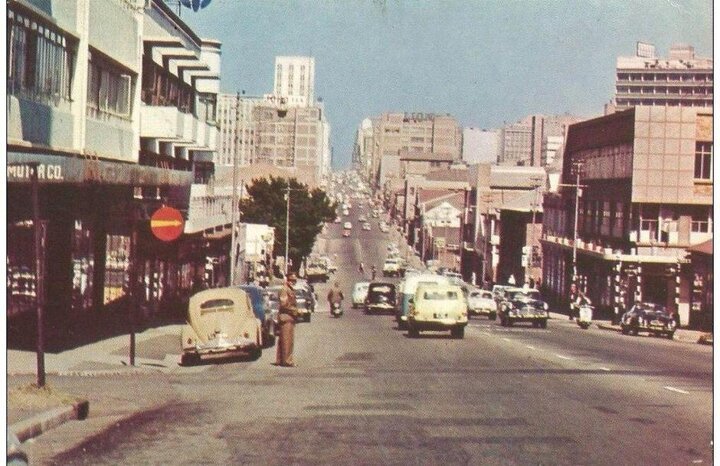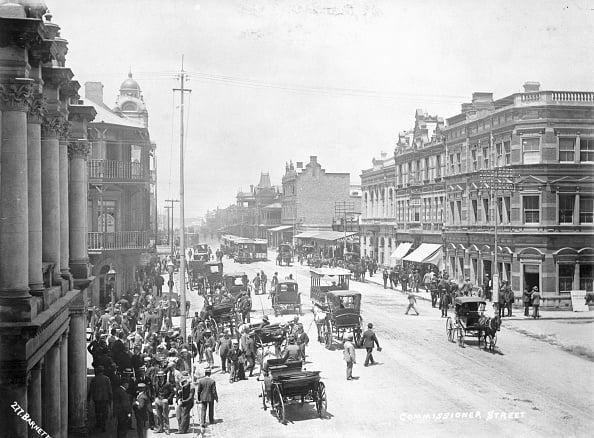Writing
On Monday, we had an opportunity to edit and revise our independent writes. I was beyond impressed with the standard of writing from Y4 Stingrays. Well done Stingrays! On Tuesday, we were introduced to our next independent write which will be a narrative retell in third person. We worked in groups and focussed on building our confidence to discuss the story, this will improve our writing fluency. We considered 'When? Who? What? Why? How? and Where?' when looking at each part of the story. On Wednesday, the focus of this lesson was to use high-level vocabulary such as 'metropolitan' and 'prosperous, young city'. On Thursday, we had a Grammar lesson based on correctly punctuating direct speech and understanding the different ways a reporting clause can be used.
Maths
In Arithmetic this week, we have consolidated our understanding of adding and subtracting fractions to build up our fluency. In Maths this week, we have continued with our Y4 topic of statistics. On Tuesday, we focussed on bar charts and pictograms to see what data we could extract from them, answering questions regarding sum and difference. On Wednesday, we were introduced to line graphs and learnt how to read them and understand the axes. On Thursday, we then learnt how to interpret line graphs in preparation for Friday's lesson where we then plotted data on line graphs with scales of varying difficulty.
Science
In Science this week, we continued with our topic entitled 'States of Matter'. This week we explored some key misconceptions that people have surrounding gases. We investigated the questions: 'Do gases have a weight?' 'Are all gases invisible?' and 'How are gases used in our everyday lives?'. We found that gases do have a weight through watching a video of someone weighing an unopened cola can and then re-weighing it once he had opened it. We learnt that the can was lighter after it was opened as some carbon dioxide gas had escaped from the can. We also found that not all gases are invisible and that they have many everyday uses in real life. For example, scuba divers use tanks of oxygen to help them to breathe under water and gas can also be used in cooking!

